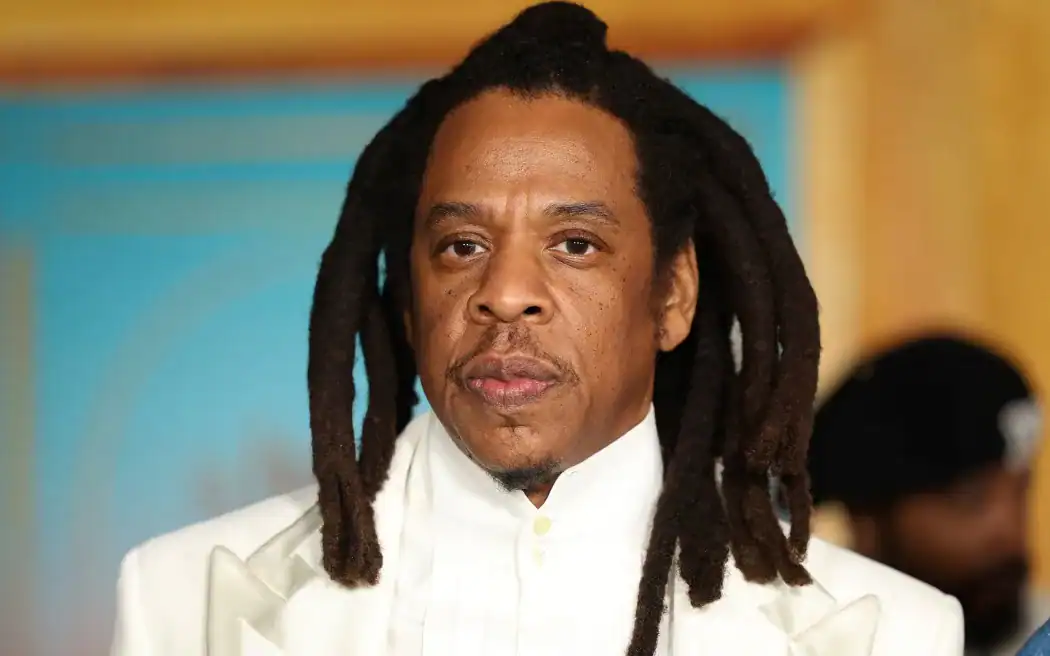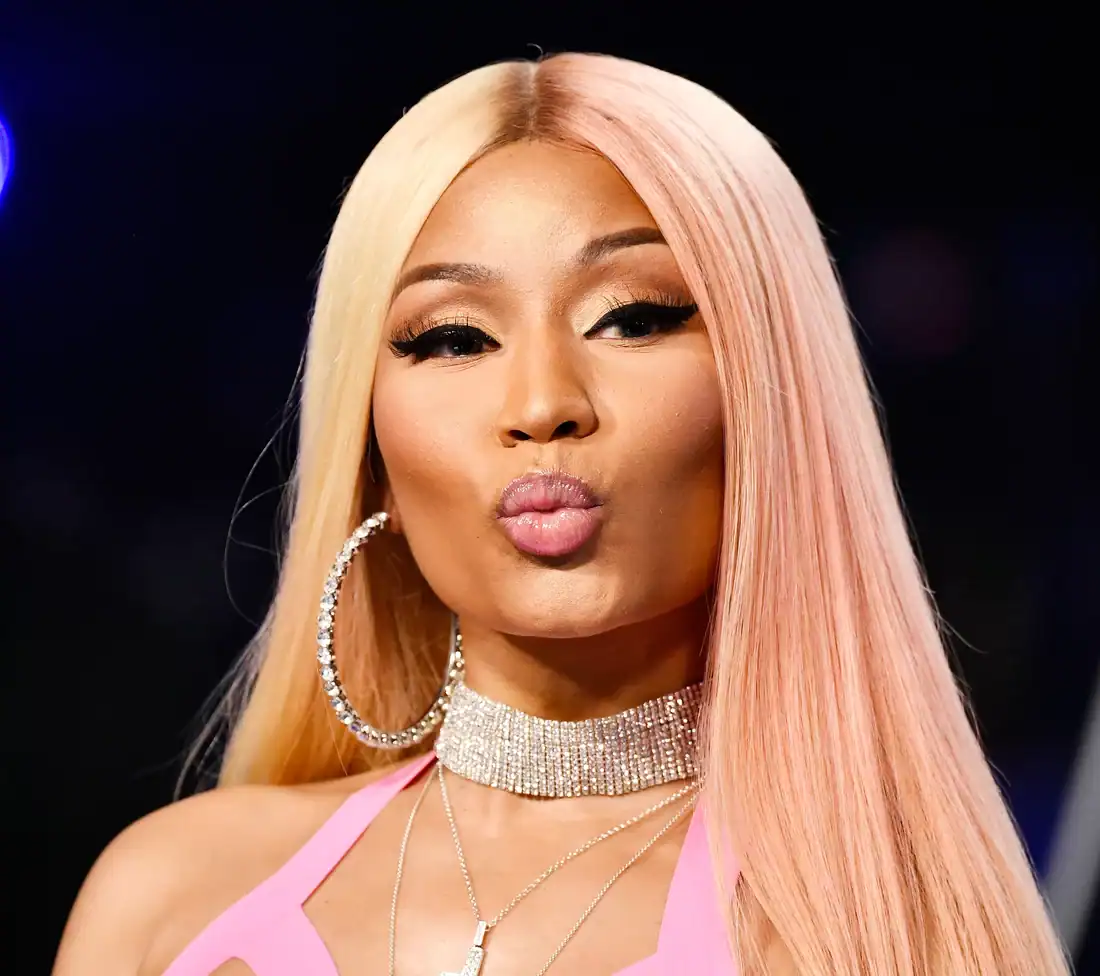Robert F. Kennedy Jr. said over the weekend that he intends to terminate 600 employees at the National Institutes of Health (NIH) and replace them with a new group of workers.
Speaking at the Genius Network Annual Event in Scottsdale, Kennedy highlighted his involvement in vetting candidates for President-elect Donald Trump's upcoming administration as part of his effort to overhaul America's health agencies significantly.
Prompted by a question from an audience member regarding what he would do if he could wave a "magic wand," Kennedy responded: "We need to act fast, and we want to have those people in place on January 20 so that on January 21, 600 people are going to walk into offices at NIH, and 600 people are going to leave."
Newsweek reached out to NIH, a representative of Kennedy, and the Trump campaign via email for comment.
The NIH is a federal agency that is part of the U.S. Department of Health and Human Services and serves as the nation's medical research agency. Its workforce is similar to that of universities and academic medical centers. NIH employees work in research settings, clinics and in the field worldwide. Many are world-renowned experts in their respective disciplines.
As of September 30, 2021, the NIH had 18,718 employees, according to its website.
Kennedy previously proposed in a Wall Street Journal op-ed that half of NIH's research budget should be spent on "preventative, alternative and holistic" medicines.
He has also said he will clear out "entire departments" of the U.S. Food and Drug Administration (FDA) if given a place in Trump's administration, as the former president has repeatedly promised.

"In some categories, there are entire departments, like the nutrition department at the FDA that are—that have to go, that are not doing their job, they're not protecting our kids," Kennedy said during a Wednesday morning interview on MSNBC.
The FDA, the U.S. federal agency within the HHS, is responsible for ensuring the safety, efficacy, and security of drugs, biological products, medical devices, food and cosmetics.
RFK Jr. is an outspoken opponent of Big Pharma and Big Food and has at various times attributed the source of America's health problems to insufficient regulation of pesticides, harmful additives, seed oils, processed foods and vaccines.
After suspending his presidential campaign in August, Kennedy endorsed Trump, earning several informal offers to serve in key health-related roles in the future administration.
Speaking at a rally last week in Pittsburgh, Trump said he would give Kennedy free rein to address health issues in his administration.
"So, Bobby's going to pretty much do what he wants. I want him to do something really important for our country, make people healthier," Trump said.
"We have obesity; we have every problem you can have. And Bobby feels very strongly about it. And he's gonna be very much right. The only thing I told him, though, Bobby, you gotta do one thing. Do whatever you want. You just go ahead; work on the pesticides, work on making women's health. He's so into women's health, and you know, he's really unbelievable. He, it's such a passion."
During a late October Zoom call with his supporters, Kennedy said that Trump had "promised [him] control" of the country's public health agencies. These included the HHS, the Centers for Disease Control and Prevention, the FDA, the NIH and the Department of Agriculture (USDA), the latter of which he said was "key to making America healthy because we've got to get off of seed oils and we've got to get off of pesticides."
Trump transition co-chair Howard Lutnick quickly denied, while speaking to CNN's Kaitlan Collins, that there were any plans to nominate Kennedy for HHS secretary if Trump were re-elected.
"He's not getting a job for HHS," Lutnick said, though that doesn't rule out an appointment as a senior White House adviser in the second Trump term.



















:quality(85):upscale()/2024/04/24/878/n/3019466/36c5693c662965c5d1ce91.72473705_.jpg)
 English (US) ·
English (US) ·